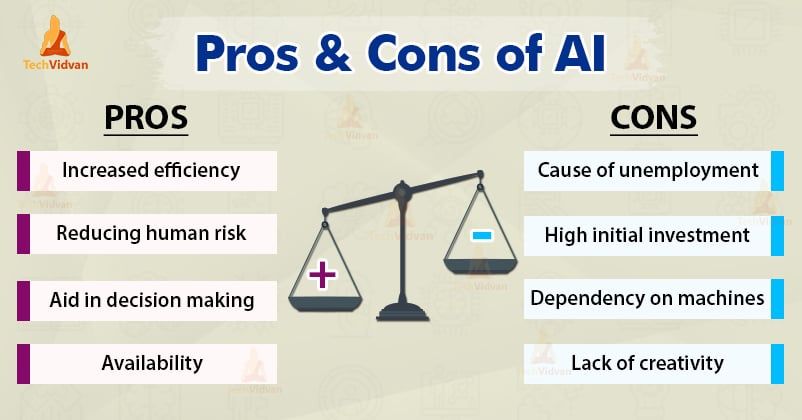
Pros and Cons of Artificial Intelligence in Daily Life
- 0
Artificial Intelligence (AI) has become an integral part of our daily lives, revolutionizing the way we interact with technology and simplifying tasks that once seemed impossible. From virtual assistants like Siri and Alexa to personalized recommendations on streaming services, AI is constantly evolving and improving our everyday experiences. However, with these advancements come both benefits and drawbacks that we must consider. In this article, we will explore the pros and cons of artificial intelligence in daily life.
Pros of Artificial Intelligence in Daily Life
1. Enhanced Efficiency
One of the biggest advantages of AI in daily life is its ability to streamline and automate tasks, ultimately saving us time and effort. From predictive text on our smartphones to self-driving cars, AI technologies are designed to make our lives easier and more efficient.
2. Personalization
AI algorithms analyze our behaviors and preferences to provide us with personalized recommendations and experiences. Whether it’s tailored shopping suggestions on e-commerce websites or curated playlists on music streaming platforms, AI helps us discover content that aligns with our interests.
3. Improved Healthcare
In the healthcare industry, AI is being used to diagnose diseases, develop personalized treatment plans, and improve patient outcomes. From medical imaging analysis to virtual health assistants, AI technologies are revolutionizing the way healthcare is delivered.
Cons of Artificial Intelligence in Daily Life
1. Privacy Concerns
As AI technologies collect and analyze vast amounts of data about us, there is a growing concern about privacy and data security. With the potential for data breaches and misuse, individuals are rightfully wary of how their personal information is being used by AI systems.
2. Job Displacement
While AI can enhance efficiency and productivity, it also has the potential to automate tasks traditionally performed by humans. This displacement of jobs can lead to economic uncertainty and a shifting job market, impacting individuals who rely on manual labor or repetitive tasks for employment.
3. Bias and Discrimination
AI algorithms are only as unbiased as the data they are trained on, which can lead to perpetuating existing biases and discrimination. From facial recognition software to hiring algorithms, AI systems have been criticized for reinforcing stereotypes and inequality.
Conclusion
As we navigate the ever-growing presence of AI in our daily lives, it is essential to weigh the pros and cons of these technologies. While AI offers immense benefits in terms of efficiency, personalization, and healthcare advancements, we must also consider the potential pitfalls such as privacy concerns, job displacement, and bias. By understanding the impact of AI on our daily lives, we can work towards harnessing its potential for positive change while mitigating its drawbacks.

